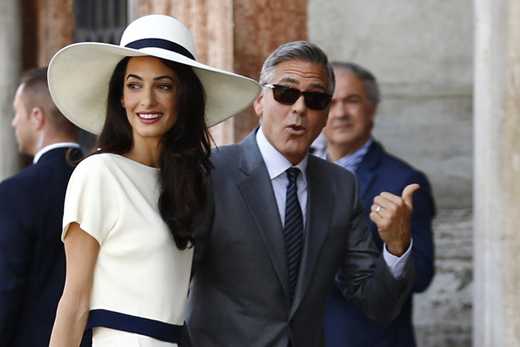Turkey has long been a bridge between the West and the Middle East. Its record on free speech may be lamentable and it treats its Kurdish minority shoddily, but against that stands a genuine will to improve its human rights record and an ambition to become a modern, free and prosperous state. This has long been the basis of Britain’s support for Turkey joining the European Union.
But this week we have seen a reminder of how far the priorities of Turkey’s political establishment are from those of Europe. Its parliament recently consented to the use of an airbase at Incirlik by US forces launching airstrikes against the Islamic State, a move that could dramatically increase the number and effectiveness of such missions. But then President Recep Tayyip Erdogan gave a speech that did not just reject launching strikes from the base but seemed to attack the very idea of western intervention in the region, accusing the US of being only interested in securing access to oil wells.
This analysis is paranoid and out of date: the US is on its way to energy self-sufficiency thanks to fracking, so it is a lot less driven by the need for foreign oil. Neither is America, nor the West in general, engaged in a mission which in any way compares with the invasion of Iraq in 2003. We are involved in the fight against IS in Iraq at the invitation of its government. Allied forces have limited themselves to airstrikes and supporting regional forces on the ground. Erdogan’s behaviour, however, brings that strategy into question.
It may seem obvious to us that the over-running of the city of Kobane by IS is an atrocity in the making, occurring under Turkey’s nose as its tanks stand idle. But in Istanbul, any defence of the Kurds is viewed as part of a process which could lead to the creation of a greater Kurdistan. This, for Erdogan, is an obsession: the idea that the Kurds, if empowered (or even defended) could start another civil war in which Turkey might lose about a third of her territory. This may explain why Erdogan looks as if he is prepared to watch the Kurds suffer at the hands of IS. But it does not excuse it.
Britain and America have been drawn back to Iraq because IS has ambitions that go way beyond Syria and Iraq. It aims to create a fundamentalist Islamic state which reaches wherever there are Muslims, and to kill non-Muslims and enslave women and children wherever it finds them.
It is hard to see how secular Turkey, whose constitution admirably treats religion as a matter for the individual, cannot see this as a threat surpassing that of its old enemy President Assad in Syria and out of all proportion to the challenge posed by Kurdish separatism.
Turkey’s apparent volte-face this week underlines how the battle against IS is as much about political vision as it is military strategy.
Somewhere in the Middle East must exist the will to create peace and prosperity in place of dictatorships and religious death cults. But it is going to be a long campaign to draw it out if we cannot find common purpose with a supposed ally and Nato member such as Turkey.

Let’s make a deal, Mrs Clooney
Hollywood has a reputation for creating trite storylines in which either a lawyer is cast as the hero or England as the villain.
Its latest epic has both, and this one is reality. Little more than a week after her marriage to George Clooney, the world’s most photographed barrister, Amal Alamuddin -Clooney, has flown off to advise the Greek government on how to force the removal of the Elgin Marbles from the British Museum.
Given the rioting, economic meltdown and general chaos of recent years, it would be easy to think that Greece had more immediate worries than the whereabouts of a set of decorative stones rescued in the early 19th century — with permission from authorities in Athens — to save them from being chiselled away by peasants for -quicklime.
But that misses the point. What would Greek politicians do if the marbles were returned? No longer would they have a patriotic issue to beat their chests about in order to distract from their failures.
In the name of European harmony, we would like to propose a compromise: we will return the Elgin Marbles once Greece has repaid the €240 billion of emergency loans made by EU states during the crisis, and honoured all its government bonds.
Until then, we suggest Greece recognises the role Lord Elgin played in rescuing its deteriorating heritage and accepts that the British Museum has done an excellent job in preserving the marbles and displaying them to scholars and the public alike.
To have a little bit of the glory of ancient Athens in London hardly seems out of line with the spirit of shared European culture.
Got something to add? Join the discussion and comment below.
Get 10 issues for just $10
Subscribe to The Spectator Australia today for the next 10 magazine issues, plus full online access, for just $10.
You might disagree with half of it, but you’ll enjoy reading all of it. Try your first month for free, then just $2 a week for the remainder of your first year.














Comments
Don't miss out
Join the conversation with other Spectator Australia readers. Subscribe to leave a comment.
SUBSCRIBEAlready a subscriber? Log in